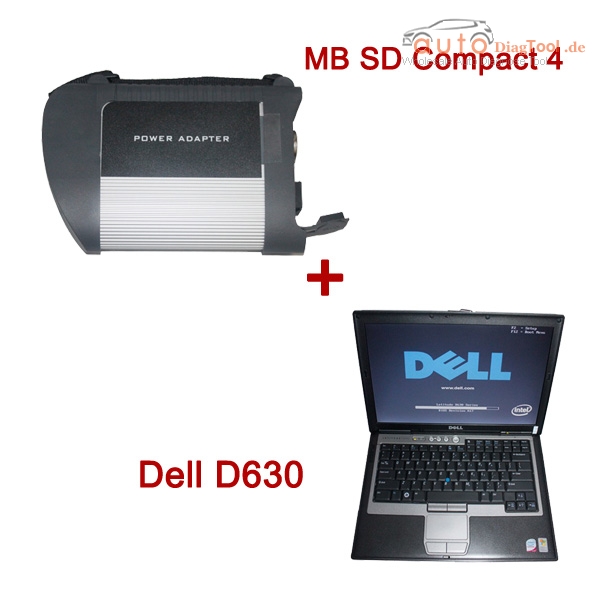Here is the differences between SSD and HDD for SDconnect c4 with Dell D630.
Price:
SD C4 software with SSD for 118 euro, HDD for 99.99 euro
Speed:
| SSD VS Common HDD in terms of running speed (test on our DELL D630 PC) |
||||
| 4G SSD | 4G HDD | 1G SSD | 1G HDD | |
| boot time | about 1min
30 Secs |
about 4 min | about 3 Min
15 Secs |
about 5 Min |
| shutdown time | about 20 Secs | about 50 Secs | about 22 Secs | about 2 min |
| time to use Xentry
test one vehicle module |
about 2 min
25 Secs |
about 3Min
27 Secs |
about 4 Min
28 Secs |
abou 5 Min |
This is where SSDs shine. An SSD-equipped PC will boot in seconds, certainly under a minute. A hard drive requires time to speed up to
operating specs, and will continue to be slower than an SSD during normal use.
A PC or Mac with an SSD boots faster, launches apps faster, and has faster overall performance.
Witness the higher PCMark benchmark scores on laptops and desktops with SSDs,
plus the much higher scores and transfer times for external SSDs versus HDDs.
Whether it’s for fun, school, or business, the extra speed may be the difference
between finishing on time or failing.
Fragmentation:
Because of their rotary recording surfaces, HDD surfaces work best with larger files
that are laid down in contiguous blocks. That way, the drive head can start
and end its read in one continuous motion. When hard drives start to fill up,
large files can become scattered around the disk platter,
which is otherwise known as fragmentation.
While read/write algorithms have improved to the point that the effect is minimized,
the fact of the matter is that HDDs can become fragmented,
while SSDs don’t care where the data is stored on its chips,
since there’s no physical read head. Thus, SSDs are inherently faster.
Availability:
Hard drives are simply more plentiful. Look at the product lists from Western Digital, Toshiba, Seagate, Samsung, and Hitachi, and you’ll see many more HDD models than SSDs. For PCs and Macs, internal HDDs won’t be going away completely, at least for the next couple of years. You’ll also see many more HDD choices than SSDs from different manufacturers for the same capacities. SSD model lines are growing in number, but HDDs are still in the majority for storage devices in PCs.
Noise:
Even the quietest HDD will emit a bit of noise when it is in use from the drive spinning
or the read arm moving back and forth, particularly if it’s in a system
that’s been banged about or in an all metal system where it’s been shoddily installed.
Faster hard drives will make more noise than slower ones.
SSDs make virtually no noise at all, since they’re non-mechanical.
